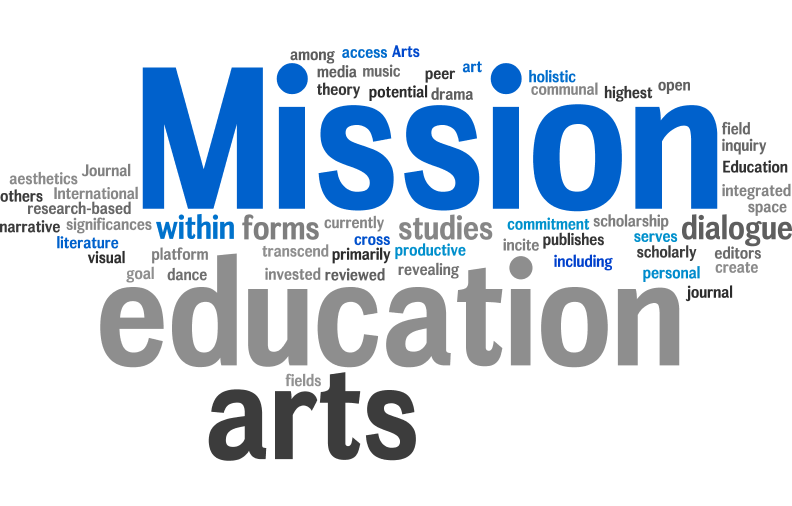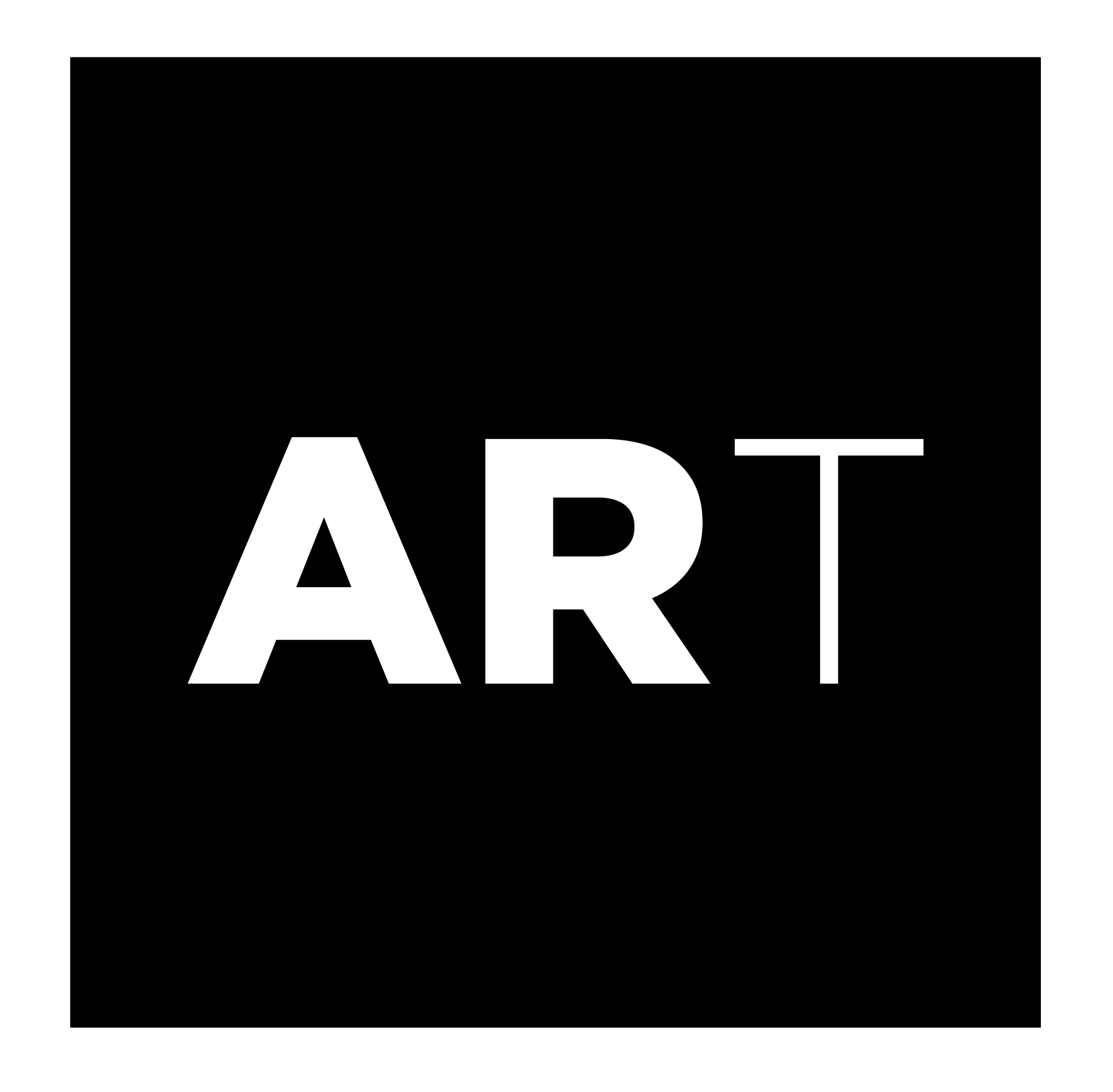| Volume 24 Number 2 | January 23, 2023 |
Coming out to Australia: Cosmopolitan Vlogging
Tyson Lepage
Independent Scholar, Canada
Valerie Triggs
University of Regina, Canada
John Buchanan
University of Technology Sydney, Australia
Citation: Lepage, T., Triggs, V., & Buchanan, J. (2023). Coming out to Australia: Cosmopolitan vlogging. International Journal of Education & the Arts, 24(2). http://doi.org/10.26209/ijea24n2
Abstract
This paper is a collaborative reflection on a graduate a/r/tographic (artist/researcher/teacher research project using vlogging as its means of inquiry into potential for subjective reconstruction. The initial study focused on shifting perspectives of self in times of solitude and new surroundings. Springgay et al.’s (2005) a/r/tographic renderings were used to methodologically investigate emergent perspectives and realities of Tyson Lepage’s journey in grappling with repositionings needed to open himself to shifting courses of action. The initial study took place in Sydney and the North Coast of New South Wales, Australia from September 2017 to December 2017. This revisitation of Lepage’s research results from subsequent and ongoing discussion and reflection between Lepage and his two graduate mentors, one in Australia and the other in Canada. William Pinar’s scholarship on cosmopolitanism provides a theoretical lens for developing deeper understandings of a relational self and is used in both initial research and in this return to the research. The multidimensional movement of understanding self in relation to other, requires openness to the world but also to one’s inner feelings and opinions. It requires individuals acting in the world with others while also cultivating solitude and independence of mind, the combined process of which, Pinar describes as worldliness, and which he claims is the pedagogical project of cosmopolitanism in curriculum theory. The authors revisit Pinar’s worldliness and Lepage’s renderings/findings from the initial research, to now extend their collective thinking regarding the research journey of making visual expressions of living a passionate and contemplative public life.
*The authors have chosen to withdraw this article from the journal for personal reasons. For access to the full article, please contact the authors at: Tyson Lepage (tyson.lepage@gmail.com); Valerie Triggs (Valerie.Triggs@uregina.ca); John Buchanan (John.Buchanan@uts.edu.au).




